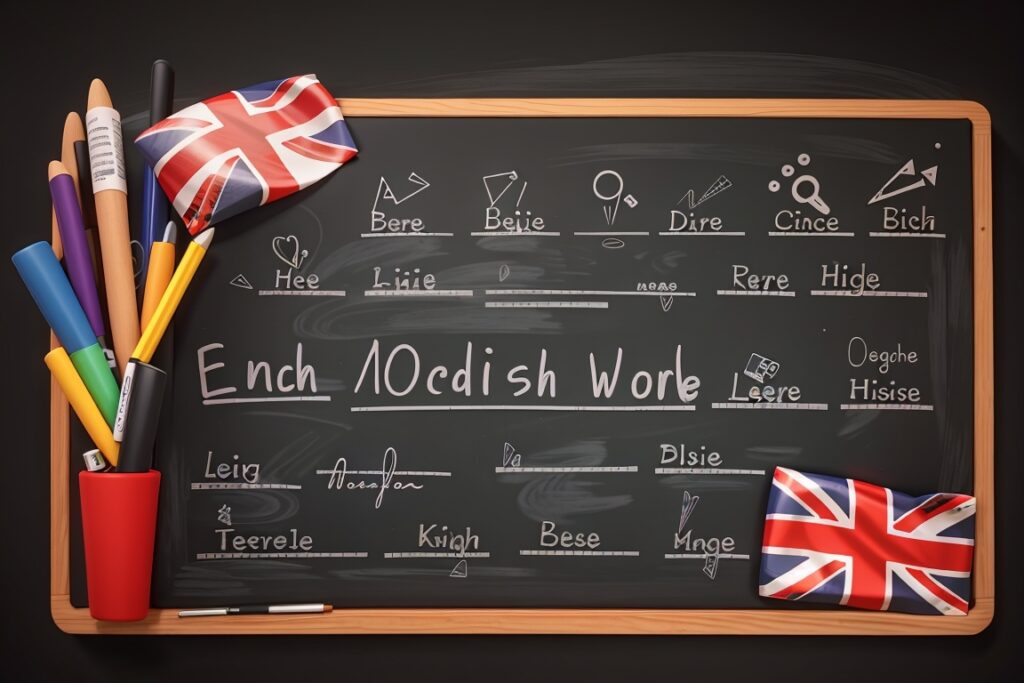Pradyumna was a curious and intelligent boy from a small village in India. He was always eager to learn new things, and he had a particular passion for language.
Pradyumna’s village was predominantly monolingual, and most of the villagers only spoke Hindi. However, Pradyumna was fascinated by the idea of learning other languages, especially English. He had heard stories about the many opportunities that English could offer, and he was determined to learn it.
Pradyumna’s parents were supportive of his dreams, but they were also realistic. They knew that it would be difficult for him to learn English in their village, as there were no English-speaking teachers or resources available. However, they encouraged him to do his best, and they promised to help him in any way they could.
Pradyumna started by borrowing English textbooks from the local library. He would sit for hours on end, trying to decipher the words and phrases. He also started watching English-language movies and TV shows, with subtitles turned on. At first, he struggled to understand what was being said, but he gradually began to pick up the language.
WORD OF THE DAY !
Abanga
A West Indian palm; also the fruit of this palm, the seeds of which are used as a remedy for diseases of the chest.
See The Short:
After a few months of self-study, Pradyumna was confident enough to start practicing his English with others. He would approach English-speaking tourists and try to strike up conversations. He also started attending online English classes.
Pradyumna’s efforts to overcome the language barrier were not easy. He faced many challenges along the way. He was often ridiculed by his classmates and other villagers for his poor English skills. However, Pradyumna was determined not to give up. He knew that learning English was important for his future, and he was willing to work hard for it.
Over time, Pradyumna’s English skills improved dramatically. He became fluent in the language, and he was able to communicate with people from all over the world. He also gained access to a wealth of knowledge and resources that were previously unavailable to him.
Pradyumna’s story is an inspiration to us all. It shows us that it is possible to overcome any obstacle, no matter how difficult it may seem. With hard work and dedication, we can achieve our goals and reach our full potential.
Example words that start with P that relate to Pradyumna’s story:
- Pioneer
- Passionate
- Persistent
- Perseverance
- Practice
- Progress
- Proficiency
- Promise
- Potential
- Possibilities
- Pursuit
- Purpose
Check out our channels on:
YouTube or
TikTok
Example ways in which Pradyumna overcame the language barrier:
- He borrowed English textbooks from the local library and studied them independently.
- He watched English-language movies and TV shows with subtitles turned on.
- He approached English-speaking tourists and tried to strike up conversations.
- He attended online English classes.
- He found a language partner to practice English with.
- He immersed himself in English-speaking environments by listening to English music, reading English books and articles, and watching English-language short videos.
Pradyumna’s story is a testament to the power of perseverance and determination. He faced many challenges in his pursuit of knowledge, but he never gave up. He is a true pioneer, and his story inspires us all to reach for our dreams.
More P Words:
Prance
Praetexta
Passer-by
Poachiness
Pulp
Photo-electric
Pleuroperipneumony
Pastureless
Pomarine
Palapteryx
Panpresbyterian
Prebendship
Pastorally
Paramo
Pocock
To spring or bound, as a horse in high mettle.
A white robe with a purple border, worn by a Roman boy before he was entitled to wear the toga virilis, or until about the completion of his fourteenth year, and by girls until their marriage. It was also worn by magistrates and priests.
One who goes by; a passer.
The state of being poachy; marshiness.
A moist, slightly cohering mass, consisting of soft, undissolved animal or vegetable matter.
Acting by the operation of both light and electricity; -- said of apparatus for producing pictures by electric light.
Pleuropneumonia.
Destitute of pasture.
Having the nostril covered with a scale.
A large extinct ostrichlike bird of New Zealand.
Belonging to, or representative of, those who hold Presbyterian views in all parts of the world; as, a Panpresbyterian council.
A prebendaryship.
In a pastoral or rural manner.
A high, bleak plateau or district, with stunted trees, and cold, damp atmosphere, as in the Andes, in South America.
Peacock.





